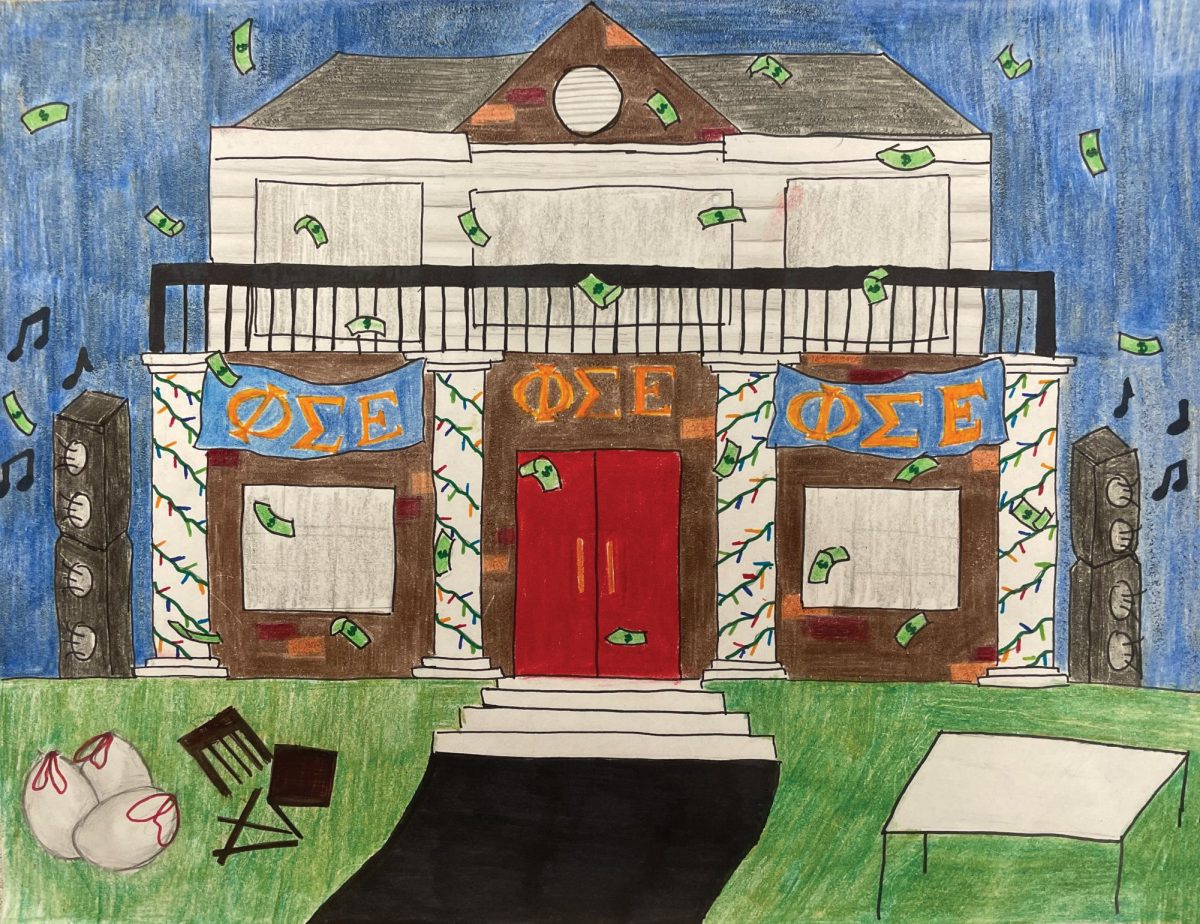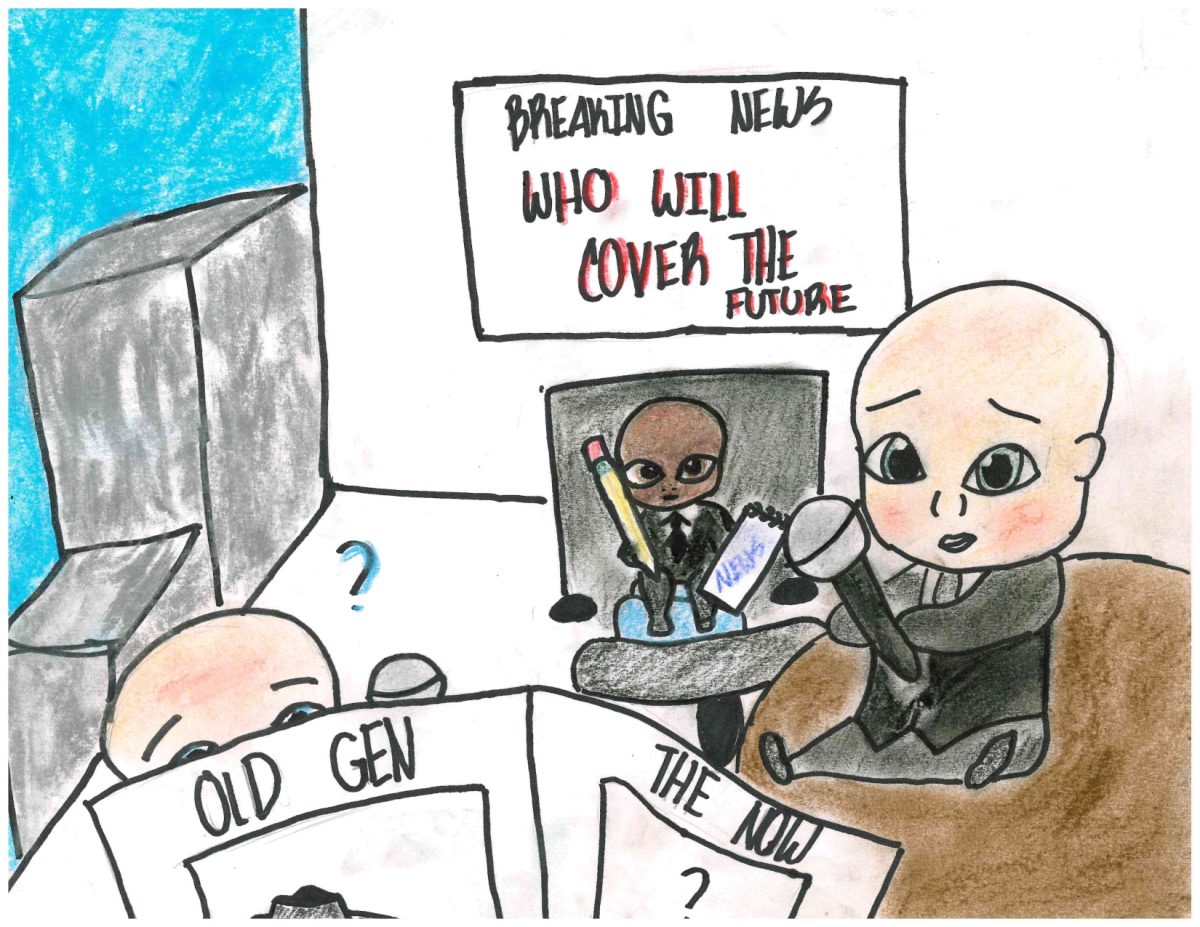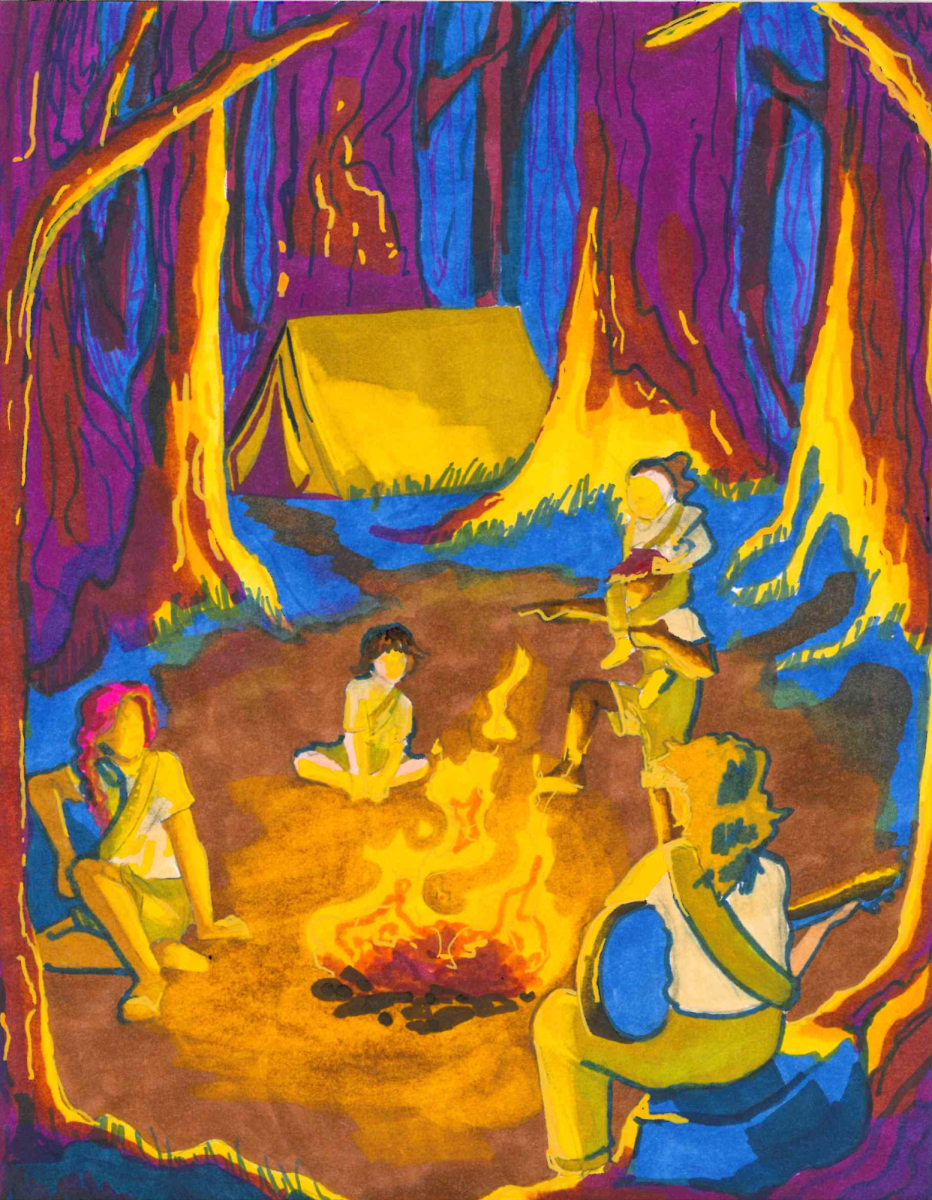With universities failing to regulate Greek life organizations, sororities and fraternities become possibly hazardous to the well-being and safety of students.
Going to college is full of new people and experiences and sometimes, joining a sorority or fraternity (frat) can become a place of community and opportunities. But, despite their benefits, Greek Life is full of dangerous and damaging hazing tactics, along with racism and non-inclusion.
Sororities and frats are exclusive. Students must first complete rush, which is where they attend open houses and try to make an impression on members.
If the student seems to be a good fit, members will offer them a spot and they can pledge. After pledging comes initiation.
Initiation is usually where hazing takes place. Many times, new members are made to perform extreme tasks, many of which involve drinking.
Despite many universities having policies against hazing, it usually still happens, with few punishments. It has even turned deadly in extreme cases.
According to NBC news, there have been 50 Greek Life hazing related deaths since 2000.
The NBC article said, in 2021, Adam Oaks, a freshman at Virginia Commonwealth University (VCU) died after being paired with a big brother at his frat Delta Chi. The death was caused by hazing.
Now, both VCU and Delta Chi prohibit hazing, yet Oaks still tragically lost his life. So did Terry Linn from Bloomsburg in 1994 and Steven David Judd from New Mexico State University in 2004.
Linn and Judd both belonged to Delta Chi. But, Delta Chi supposedly prohibits hazing.
When few punishments are handed out and no changes are made, this dangerous and potentially deadly behavior is able to continue to flourish in Greek Life.
Oaks, Linn and Judd represent extreme cases, but they are tragic and could have easily been avoided if these traditions were appropriately handled.
We know that hazing happens despite the rules of universities and Greek Life organizations. We know that it is harmful and damaging to students. But we still have 50 hazing related deaths in the last 24 years.
Greek Life enhances a culture of excessive drinking through hazing and peer pressure. The desire to fit in, to join these elite groups has led to many people getting hurt. That’s extremely concerning.
Even though it’s not the main point of Greek Life, parties and drinking are still prominent. As established, it’s dangerous. But it can also distract students from the main purpose of college- to obtain higher education.
Greek Life has also begun to win the reputation of not being inclusive to all. There have been many accounts of minority students feeling judged and facing racist comments from their brothers and sisters.
According to Good Morning America, in 2015, Kyla Brinkley pledged to Alpha Gamma Delta at the University of Georgia and dropped out 16 months later due to the racism she faced.
Brinkley’s roommate padlocked the closet the two were supposed to share. When her some of her sisters started making puns about #BlackLivesMatter, in 2016, she decided to leave.
In 2019, the frat Tau Kappa Epsilon of the University of Georgia was suspended after a video of members using racial slurs.
It’s awful, it’s disappointing. So many young minorities have spoked out about feeling unsafe and unwelcome in their sororities and frats.
While Greek Life organizations have policies against racism, much still goes unnoticed and unresolved.
Some suspensions are issued, some punishments are given out to frats and sororities accused, but the problem still exists.
Greek Life can be a wonderful thing, providing community. But these harmful and cruel behaviors that pop up in much Greek Life, is slowly ruining it.
Sororities and frats are supposed to be a place of community. Non-inclusion is not community.
Sororities and frats are supposed to be a place of community. Non-inclusion is not community.
If Greek Life organizations want to keep their reputation of an inclusive, networking and supportive community, changes need to be made.








